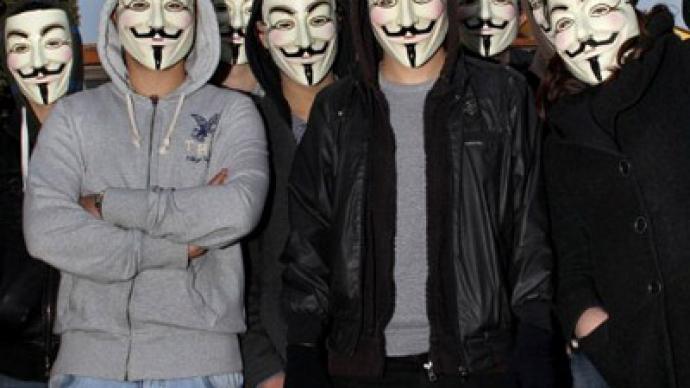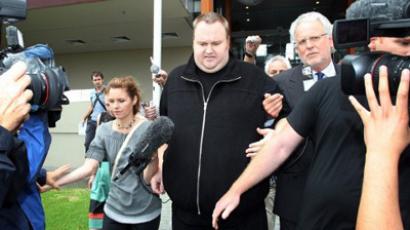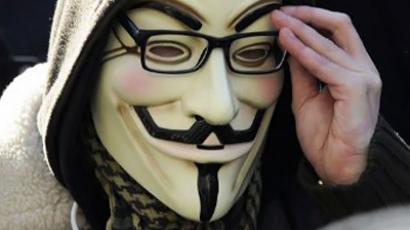‘Arrests will energize Anonymous movement’

Hacking groups like Anonymous and LulzSec are movements that have “resorted to direct action,” and prosecuting their members is only going to make things worse, Robert Harris, a member of the UK Pirate Party, told RT.
“I think prosecuting and locking them up will not actually cause any significant damage,” he said. “It is only going to make things worse and encourage more people to join the group.”On Tuesday top members of the infamous computer-hacking group LulzSec were arrested by the FBI and charged with conspiracy. Following the arrests another prominent hacking organization, Anonymous, posted on its Twitter feed: “LulzSec was a group, but Anonymous is a movement. Groups come and go, ideas remain.”Anonymous is just a collection of people with the same beliefs without an organizational structure “in a sense you would get in a neo-political party,” Harris says. “They don’t see the democratic structures open enough for them to be able to participate with their views.”
‘Part of society awaits Internet revolution’
There is no simple answer to whether hackers’ actions should be treated as clearly criminal or as something being done for society as a whole, believes human rights lawyer Katarzyna Szymielewicz.“I’m sure there will be a serious dispute about the role of LulzSec and how we should treat their actions,” she said. “That dynamic reflects a very difficult situation in the society.”The idea of an “Internet revolution” hangs thick in the air, believes Szymielewicz.“Part of society waits for an Internet revolution and waits for people to help them do the revolt against old-fashioned regimes, including the media regimes, while the other feels threatened by all of this happening,” she stated.














